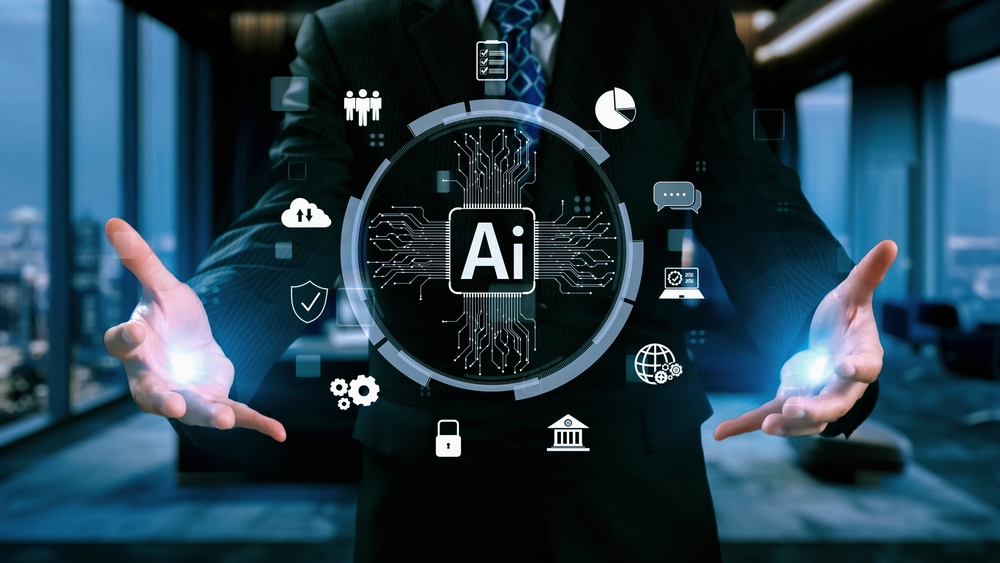The Future of Artificial Intelligence
I is transforming industries with automation, predictive analytics, and natural language processing.
The Role Of Artificial intelligence in Modern business
Artificial Intelligence (AI) is no longer a futuristic concept — it is actively shaping the way businesses operate in the modern world. From streamlining daily operations to enhancing decision-making processes, AI is becoming an indispensable tool for organizations across industries. Businesses are increasingly leveraging AI to gain competitive advantages, improve efficiency, and offer more personalized experiences to their customers. The integration of AI allows companies to automate routine tasks, analyze large datasets with precision, and develop smarter solutions that were previously unimaginable.
AI in Customer Service
One of the most significant applications of AI is in customer service. Chatbots and virtual assistants are now capable of handling a wide range of customer inquiries, providing instant support, and guiding users through complex processes. This not only reduces response time but also enables human employees to focus on more strategic tasks that require critical thinking and creativity. In addition, AI-driven tools can analyze customer behavior and preferences, allowing businesses to tailor their offerings and marketing strategies to individual needs, which ultimately improves customer satisfaction and loyalty.
AI Transforming Industries
Beyond customer service, AI is transforming industries by enhancing predictive analytics and risk management. Financial institutions are using AI algorithms to detect fraudulent transactions and assess credit risk with high accuracy. Similarly, retailers rely on AI for inventory management, demand forecasting, and personalized product recommendations. In healthcare, AI-powered diagnostic tools can interpret medical images, detect diseases earlier, and assist doctors in creating effective treatment plans. Even in manufacturing, AI-driven automation is optimizing production lines, reducing errors, and increasing overall productivity.

Ethical Considerations
As AI continues to evolve, it also raises critical ethical considerations. Data privacy remains a significant concern, as AI systems require access to large volumes of personal and sensitive information. Companies must ensure that data is collected, stored, and processed responsibly, while also adhering to legal and regulatory standards. Furthermore, the automation of certain tasks may lead to workforce displacement, making it essential for organizations to invest in reskilling programs and prepare employees for new roles that AI cannot replicate. Maintaining transparency and accountability in AI decision-making processes is equally important to build trust among users and stakeholders.
The Future of AI
The potential of AI is immense, and its applications are only expanding with advancements in technologies such as machine learning, natural language processing, and computer vision. By embracing AI thoughtfully, businesses can innovate, enhance operational efficiency, and create smarter systems that benefit both the company and its customers. However, a balanced approach is required, combining technological progress with ethical responsibility to ensure that AI’s growth contributes positively to society.
Conclusion
In conclusion, AI is no longer a distant vision for the future; it is actively shaping the present. From improving customer experiences to enabling smarter business decisions, AI is transforming the way organizations operate. As businesses continue to adopt AI technologies, it is crucial to address ethical concerns, safeguard data privacy, and prepare the workforce for a future where humans and intelligent machines work together seamlessly. The journey of AI is just beginning, and its impact will continue to grow across all sectors, offering endless opportunities for innovation and progress.
Powered by Froala Editor

